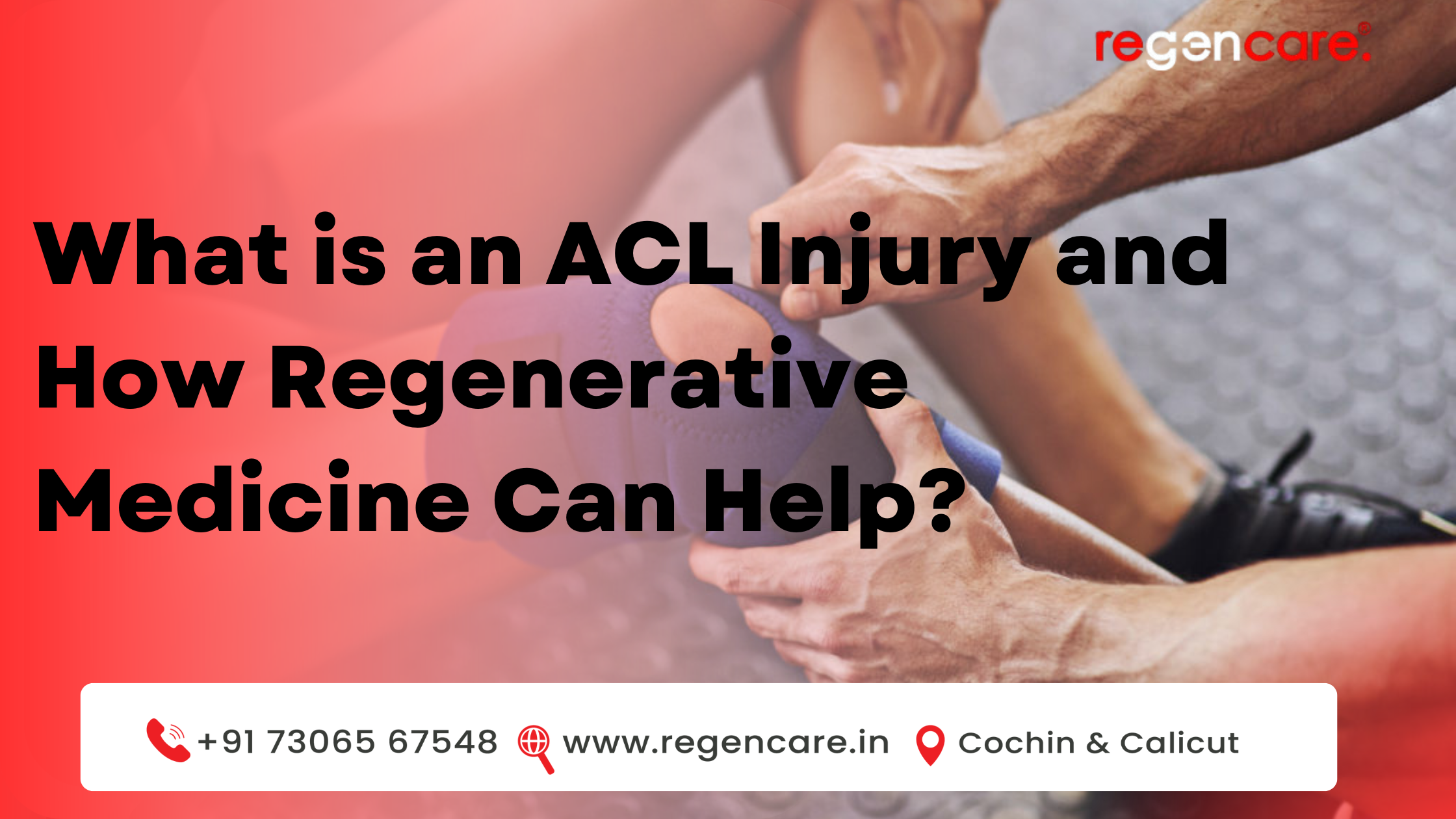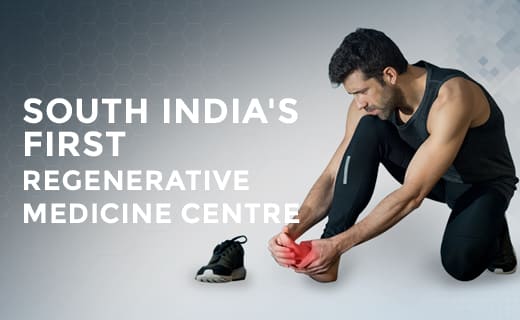
An ACL (Anterior Cruciate Ligament) injury is one of the most common knee injuries, particularly among athletes, but it can affect anyone. The ACL is a crucial ligament that helps stabilize the knee, preventing the tibia (shin bone) from sliding out in front of the femur (thigh bone). An injury to this ligament can cause significant pain, instability, and in severe cases, can prevent people from performing everyday activities.
What Causes ACL Injuries?
ACL injuries typically occur during high-impact sports activities such as soccer, basketball, skiing, and football. Common causes include:
-
-Sudden stops or changes in direction
-
-Pivoting or twisting motions
-
-Jumping and landing awkwardly
-
-Direct contact or a blow to the knee
These injuries can range from minor sprains to complete tears of the ligament, with complete tears often requiring surgery.
Symptoms of an ACL Injury
The symptoms of an ACL injury can include:
-
-A loud popping sound at the time of injury
-
-Swelling and inflammation around the knee
-
-Instability or a feeling that the knee is "giving way"
-
-Pain during movement or weight-bearing
If you suspect an ACL injury, it’s essential to see a doctor for an accurate diagnosis and to determine the best course of action.
Traditional Treatment vs. Regenerative Medicine for ACL Injuries
Traditionally, ACL injuries have been treated through surgery, particularly when the ligament is completely torn. Rehabilitation following surgery can be lengthy, requiring weeks to months of recovery before returning to sports or daily activities. However, advancements in regenerative medicine have opened up new, non-surgical treatment options that can significantly improve healing and recovery times.
How Regenerative Medicine Helps with ACL Injuries
Regenerative medicine focuses on using the body's natural healing processes to repair damaged tissues. For ACL injuries, treatments like Platelet-Rich Plasma (PRP) therapy and Stem Cell Therapy have gained attention for their potential to:
- -Promote tissue regeneration and repair
-
-Reduce inflammation and pain
-
-Speed up recovery and improve knee function
-
-Offer an alternative to surgery for partial ACL tears
Platelet-Rich Plasma (PRP) Therapy: PRP is derived from your own blood and is rich in growth factors that stimulate healing. The PRP is injected into the injured area to accelerate tissue repair and reduce pain.
Stem Cell Therapy: Stem cells have the potential to regenerate and repair damaged tissues, including ligaments like the ACL. These cells are often sourced from bone marrow or fat tissue and can promote healing, even in cases where surgery might have been the traditional solution.
Benefits of Regenerative Medicine for ACL Injuries
1. Non-Surgical Option: For those who wish to avoid surgery, regenerative medicine offers a minimally invasive solution with a faster recovery time.
2. Quicker Recovery: Patients often experience faster recovery times, allowing them to return to their normal activities or sports sooner.
3. Reduced Pain and Inflammation: The natural healing process promoted by regenerative medicine can alleviate pain and reduce swelling, helping patients feel better faster.
4. Personalized Treatment: Each treatment is customized based on the patient's specific condition, ensuring the most effective healing process.
When to Consider Regenerative Medicine
Regenerative treatments can be an excellent choice for patients with partial ACL tears or those looking to avoid the potential risks and recovery time of surgery. However, in cases of complete ACL tears, surgery may still be required for full restoration of knee stability.
ACL injuries can significantly impact daily life, but with the advancement of regenerative medicine, there are now more treatment options than ever before. Whether youre an athlete looking to get back on the field faster or someone suffering from knee instability, regenerative therapies like PRP and Stem Cell Therapy at Regencare may offer an effective and non-invasive alternative to surgery.
If you’re dealing with an ACL injury and want to explore regenerative treatment options, contact us at Regencare.Our experienced team of specialists can help you find the right solution to get you back on your feet with confidence.










